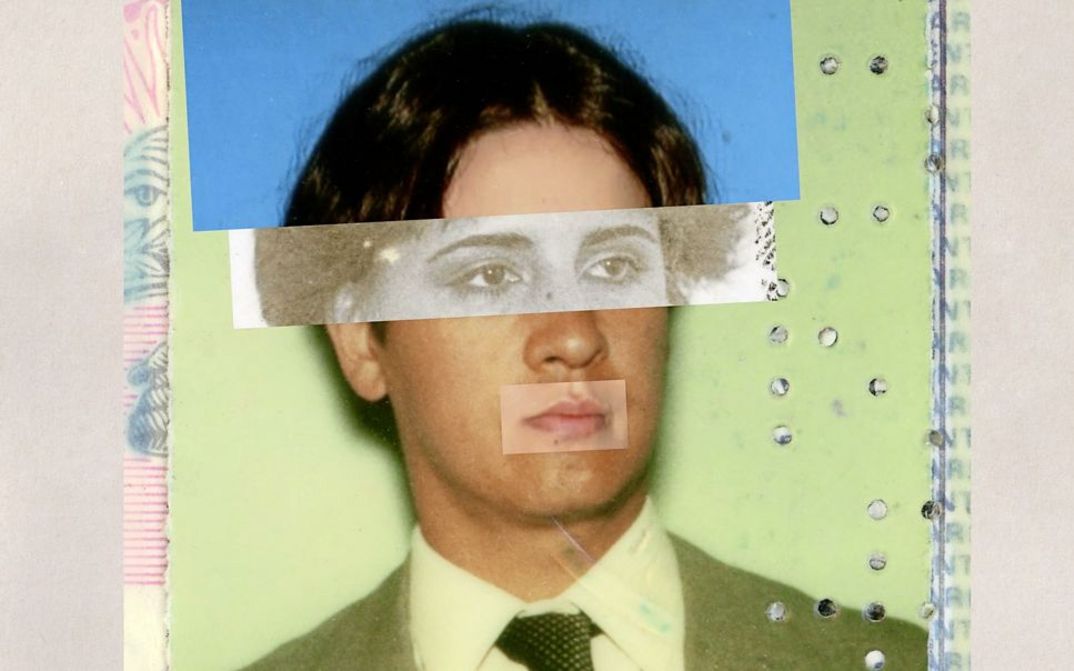El rostro de la medusa

Director
Melisa Liebenthal
Argentina / 2022
76 min.
/ Original version with English subtitles
Original language
Spanish
It is no coincidence that the second feature by Argentinean Melisa Liebenthal begins with a quote from “Duino Elegies” by Rilke, who was concerned with existential angst. And, more prosaically, Marina, the film's young protagonist, is faced with similar anxiety. In fact, her problem is her face. One morning, she discovers her face has changed, and she can no longer recognize herself. Not even her mother can, who bumps into her on the street and says hello to her like she would to any stranger (deadpan, surreal humor is part of the film’s recipe). Marina is thus forced to confront her identity: who is she? Is she determined by her parent's DNA or by her ID card? Can she be identified by a family portrait, by biometrics or the love of those around her, including her Colombian boyfriend? Is she prettier now? (Liebenthal’s first feature is called LAS LINDAS [The Pretty Ones].) The film is economic in budget and form but works playfully with simple computer graphics and 2D animation to reinforce Marina’s quest, which also makes several stops in zoos and museums so Marina can compare herself with other forms. For as Rilke says: “With all its eyes the creature-world beholds the open”. (Luciano Monteagudo)
Production Agustin Gagliardi, Eugenia Campos Guevara. Production company Gentil cine (Buenos Aires, Argentina). Director Melisa Liebenthal. Screenplay Agustín Godoy. Cinematography Inés Duacastella. Editing Florencia Gómez García. Music Inés Copertino. Sound design Mercedes Gaviria. Sound Mercedes Gaviria. Production design Lucas Koziarsky. Costumes Flora Caligiuri. Make-up Lucía Rastelli. Assistant director Felipe Solari Yrigoyen. Production manager Camila Albertocchi. Executive producer Eugenia Campos Guevara. Co-producer Vanesa Ragone. Co-production Zona Audiovisual. With Rocío Stellato, Irene Bosch, Vladimir Durán, Federico Sack, Alicia Labraga, Camila Toker.
Melisa Liebenthal, born in Buenos Aires, Argentina in 1991, she studied film and works as a film director and editor. Following LAS LINDAS (2016), EL ROSTRO DE LA MEDUSA is her second feature-length film. In 2021, Melisa Liebenthal took part in Berlinale Talents.
Films: 2013: Alegría del hogar / Home's Joy (13 min.). 2017: Patio / Backyard (8 min.). 2016: Las lindas / The Pretty Ones (77 min.). 2018: Constanza (27 min.). 2020: Aquí y allá / Here and There (21 min.). 2022: El rostro de la medusa / The Face of the Jellyfish.